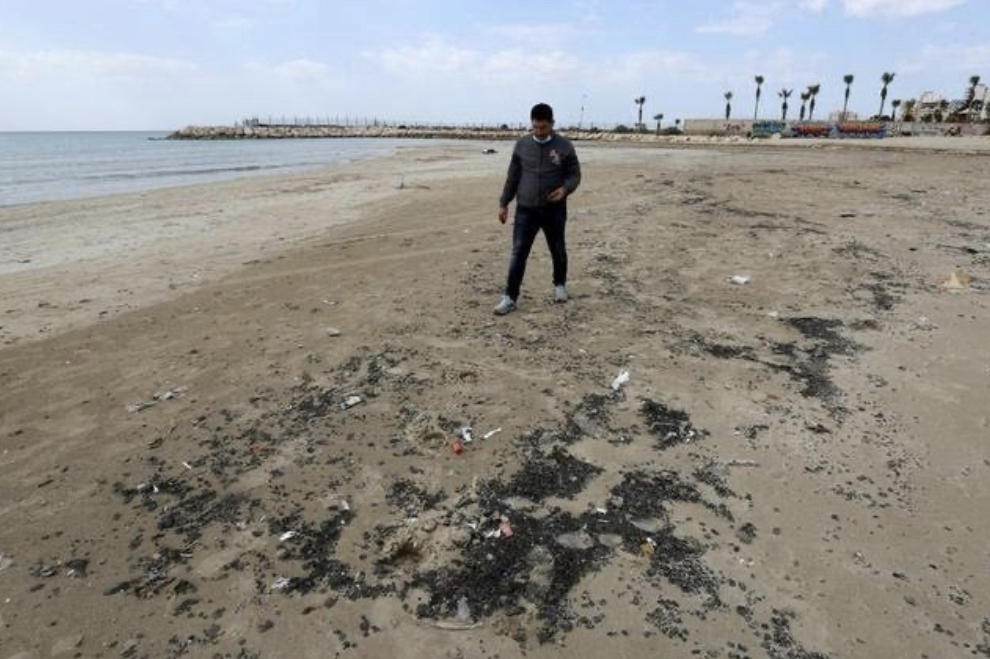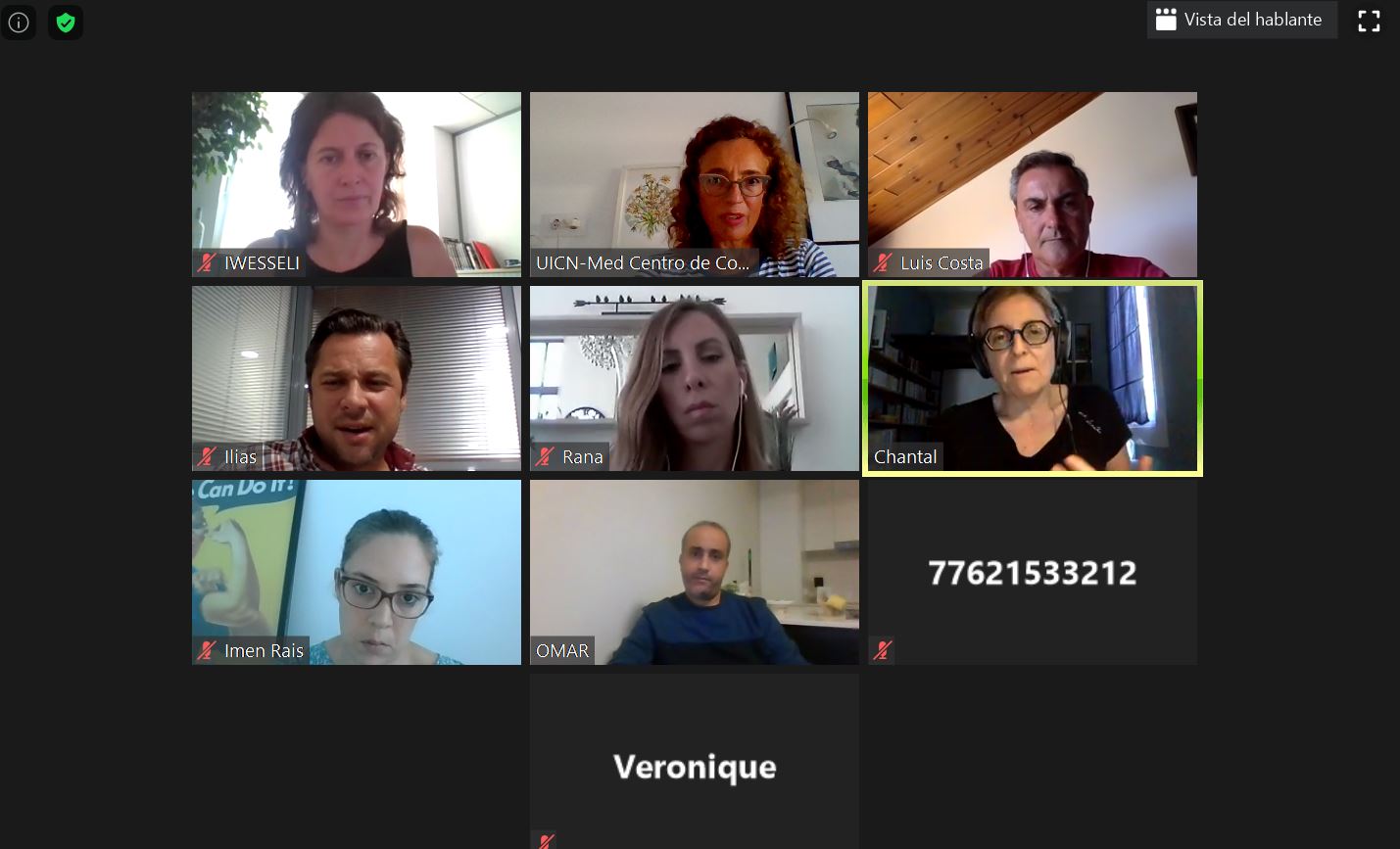Greenpeace Middle East and North Africa program manager in Beirut, Julien Jreissati, on Monday stepped up calls on Lebanon’s Ministry of Environment to take swift measures to assess the magnitude of the risk that the Mediterranean oil spill might have on Lebanon, especially after reaching the country’s southern coast.
Jreissati suggested setting up an urgent sweeping and monitoring program, as well as drafting a quick plan to mitigate the spill’s impact on Lebanon’s environment and public health.
According to international news agencies, the oil spill in the Mediterranean Sea began last week during a winter storm in Israel. By Monday, the sticky black gobs and tar deposits showed up on the beach in a nature reserve in Tyre, south Lebanon.
“Based on the results of the assessment, the authorities should provide the Lebanese people with safety instructions, especially with regard to fishing and swimming activities,” Jreissati said.
“This incident is to be added to a long list of oil spills that threaten rich marine biodiversity and affect the inhabitants of the eastern Mediterranean region; it is an outright manifestation of the destruction of nature that’s resulting from our global system’s addiction to the use of fossil fuels,” Jreissati added.
For his part, Lebanon’s Caretaker Prime Minister, Hassan Diab, followed up on the issue and tasked Minister of Defense, Zeina Akar, Minister of Environment, Demianos Kattar, and the National Council for Scientific Research, to follow up on the issue by informing UNIFIL forces to draw up an official report in this regard and by acting accordingly to repair the damage caused by the leakage.
Environmental groups in the Mediterranean region have described this oil spill an environmental blow that will take months or even years to clean up.
Rana El-Hage
National News Agency – Lebanon



